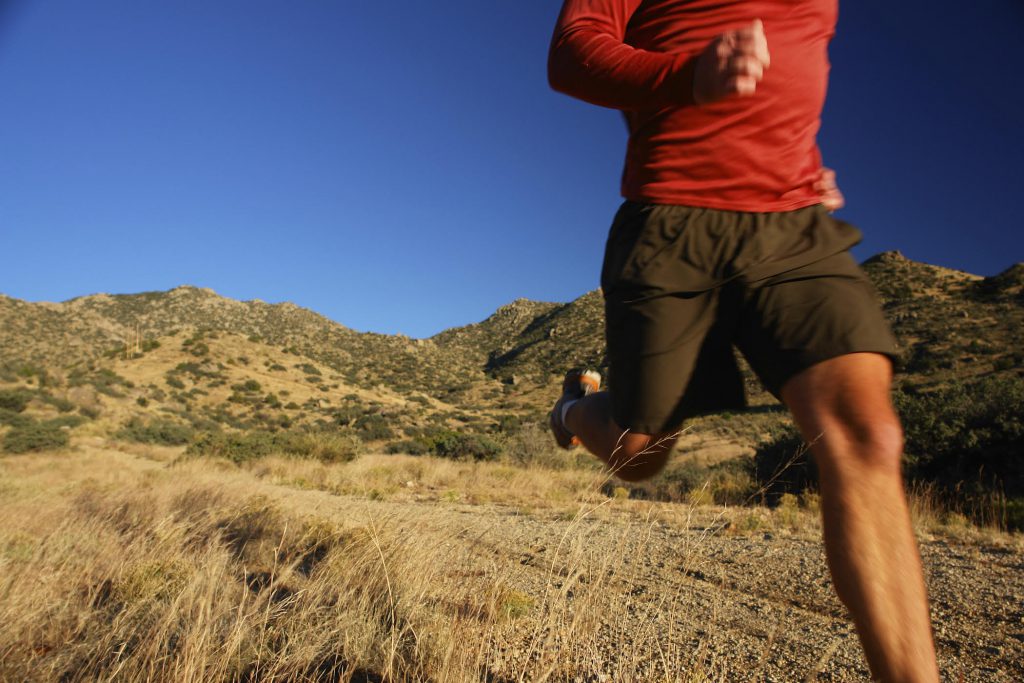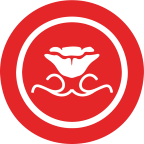Musculoskeletal injuries pose challenges to both athletes and everyday people necessitating effective and holistic approaches to recovery. Traditional Chinese Medicine (TCM), incorporating acupuncture and Chinese Herbal Medicine, offers a comprehensive strategy for promoting healing and rehabilitation. Scientific studies support the efficacy of acupuncture and show the additional benefits of Chinese Herbal Medicine in the context of musculoskeletal injury recovery.

Synergistic Effects with Acupuncture:
- Combining acupuncture with Chinese Herbal Medicine creates a synergistic effect that enhances the overall therapeutic outcome, resulting in decreased pain and improved recovery time. In my clinic everyday, I use acupuncture for sports injuries and tailor Herbal formulations to address specific patterns of disharmony within the body, complementing the targeted effects of acupuncture. This integrated approach provides a more comprehensive and personalized solution to musculoskeletal injury recovery.
Anti-Inflammatory and Analgesic Properties:
- Chinese Herbal Medicine is rich in compounds with anti-inflammatory and analgesic properties. Herbs such as Corydalis Yanhusuo and Frankincense have been studied for their ability to reduce pain and inflammation. When used in conjunction with acupuncture, these herbal remedies contribute to a more potent and sustained relief from musculoskeletal pain.
Tissue Repair and Regeneration:
- Certain Chinese herbs, such as Eucommia Bark and Astragalus Root, have been recognized for their potential to promote tissue repair and regeneration. These herbs contain bioactive compounds that stimulate the production of growth factors, supporting the rebuilding of damaged tissues. This regenerative aspect is crucial for people aiming to restore optimal function after injuries.
Adaptogenic Effects:
- Many Chinese herbs possess adaptogenic properties, helping the body adapt to stress and promoting overall resilience. Ginseng, for example, has adaptogenic effects that may aid in coping with the physical and psychological stress associated with musculoskeletal injuries. This adaptability contributes to a more robust recovery process.
Enhanced Blood Circulation and Qi Flow:
- Chinese Herbal Medicine is often prescribed to improve blood circulation and the flow of Qi (vital energy) in the body. Herbs like Salvia Miltiorrhiza and Ligusticum Wallichii are known for their vasodilatory effects, facilitating enhanced blood supply to injured areas. Improved circulation and Qi flow complement the benefits of acupuncture in supporting the body’s natural healing mechanisms.
Individualized Treatment Plans:
- One of the strengths of Chinese Herbal Medicine lies in its ability to offer individualized treatment plans. Practitioners consider the patient’s overall health, constitution, and specific injury characteristics to formulate personalized herbal prescriptions. This tailored approach addresses the uniqueness of each individual’s condition, optimizing the chances of a successful recovery.
Conclusion:
Integrating Chinese Herbal Medicine with acupuncture provides a multifaceted approach to musculoskeletal injury recovery. The combination of anti-inflammatory, analgesic, regenerative, and adaptogenic effects, coupled with individualized treatment plans, makes this traditional approach a valuable asset for athletes and individuals seeking comprehensive rehabilitation.
Get better faster and back to doing the things you love. Schedule your acupuncture appointment or call for a free consultation to get on the road to recovery.


